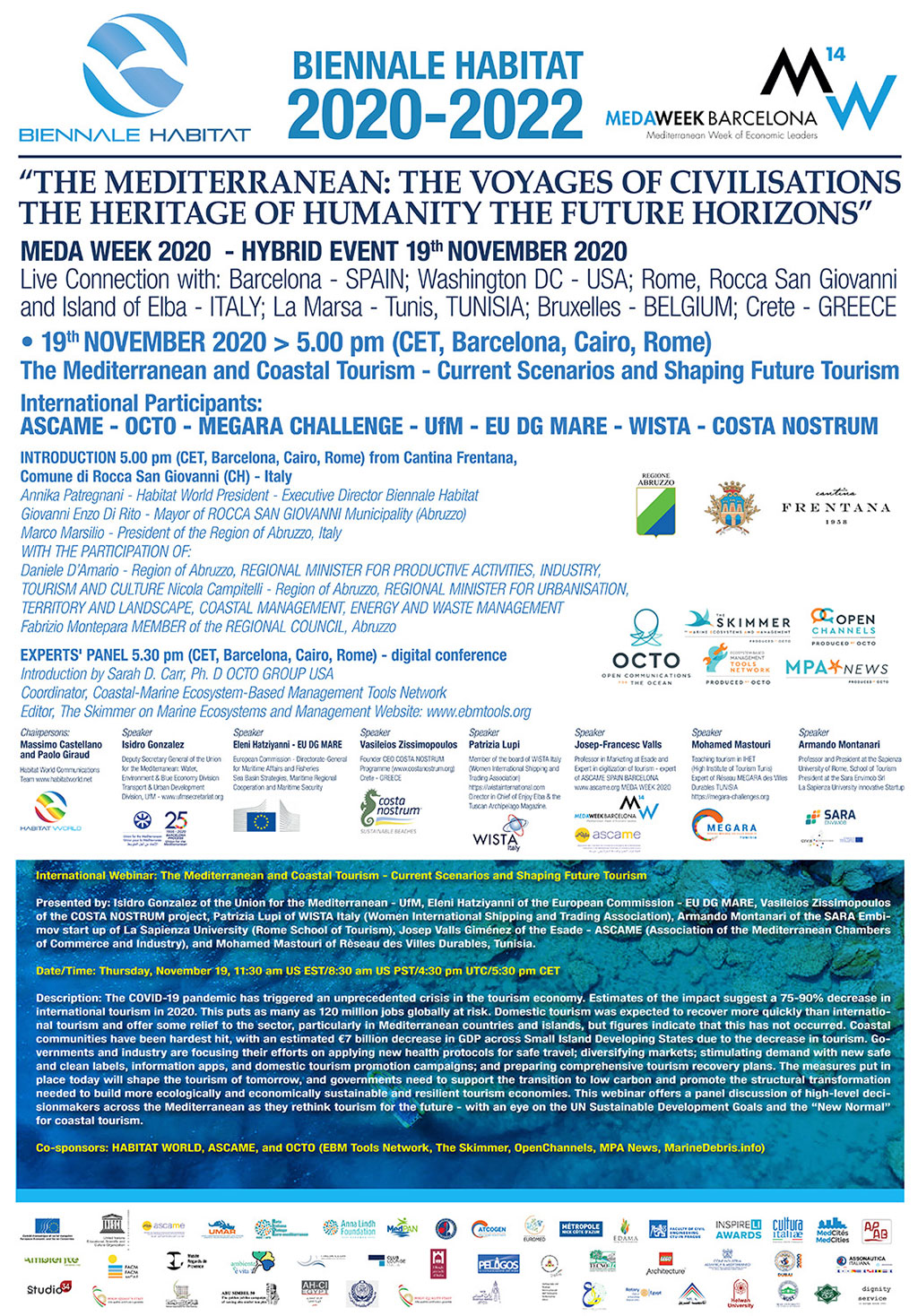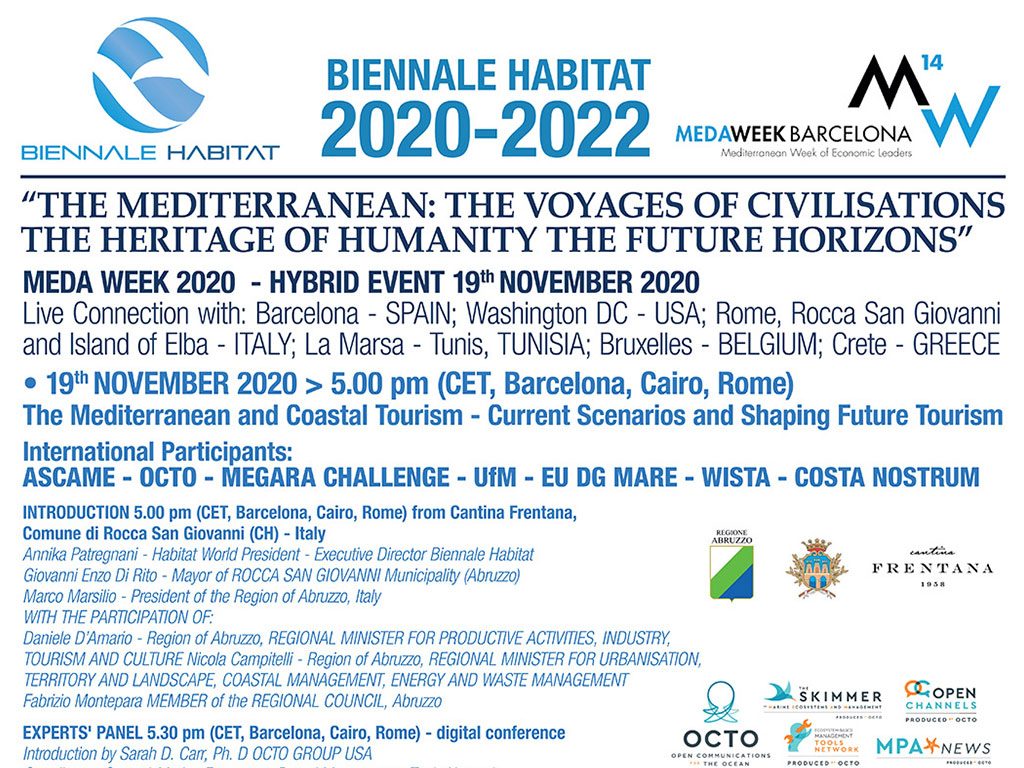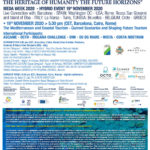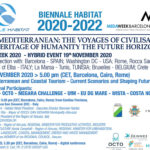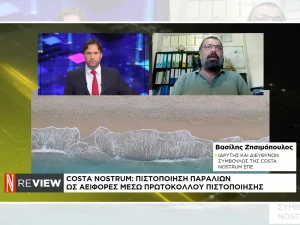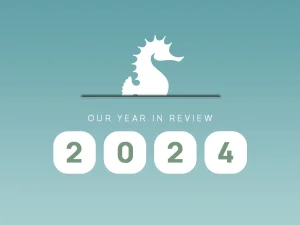The COVID-19 pandemic has triggered an unprecedented crisis in the tourism economy. Estimates of the impact suggest a 75-90% decrease in international tourism in 2020. This puts as many as 120 million jobs globally at risk.
Domestic tourism was expected to recover more quickly than international tourism and offer some relief to the sector, particularly in Mediterranean countries and islands, but figures indicate that this has not occurred. Coastal communities have been hardest hit, with an estimated €7 billion decrease in GDP across Small Island Developing States due to the decrease in tourism. Governments and industry are focusing their efforts on applying new health protocols for safe travel; diversifying markets; stimulating demand with new safe and clean labels, information apps, and domestic tourism promotion campaigns; and preparing comprehensive tourism recovery plans.
The measures put in place today will shape the tourism of tomorrow, and governments need to support the transition to low carbon and promote the structural transformation needed to build more ecologically and economically sustainable and resilient tourism economies. This webinar offers a panel discussion of high-level decisionmakers across the Mediterranean as they rethink tourism for the future – with an eye on the UN Sustainable Development Goals and the “New Normal” for coastal tourism.
